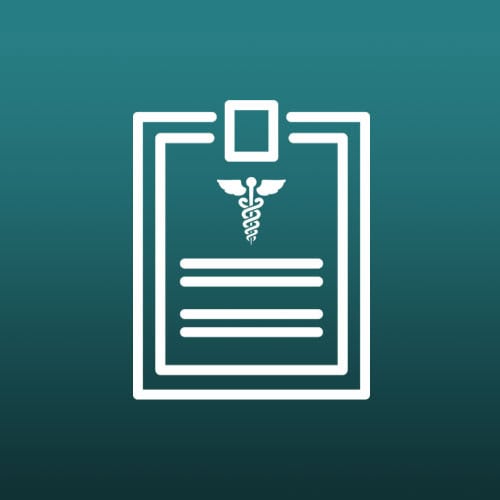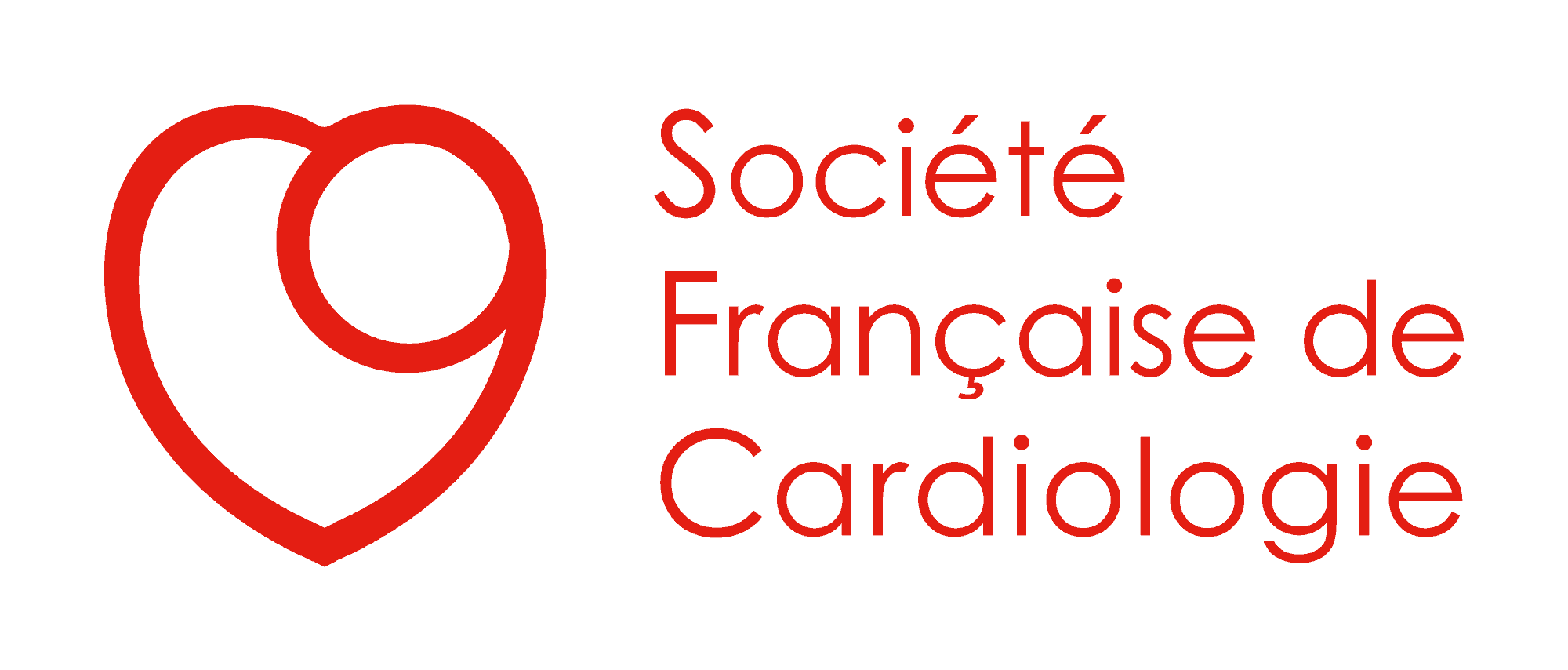Suivez-nous sur les réseaux sociaux !
Retrouvez les articles immanquables des Archives of Cardiovascular Diseases, revue scientifique mensuelle en anglais de notoriété internationale.
Voici un aperçu rapide des sujets abordés dans cette publication :
Dernières publications
Publications
Prevalence of psychoactive drug use in patients hospitalized for acute cardiac events
Voici un aperçu rapide des sujets abordés dans cette publication :
Archives of Cardiovascular Diseases | Article du mois – Octobre 2022
Jean-Guillaume Dillinger, Théo Pezel, Charles Fauvel, Clément Delmas, Guillaume Schurtz, Antonin Trimaille, Edouard Gerbaud, Vincent Roule, Jean-Claude Dib, Albert Boccara, Damien Millischer, Christophe Thuaire, Julien Fabre, Thomas Levasseur, Tanissia Boukertouta, Arthur Darmon, Ruben Azencot, Benoit Merat, Marie Haugel-Moreau, Alain Grentzinger, Clément Charbonnel, Cyril Zakine, Marc Bedossa, Benoît Lattuca, François Roubille, Victor Aboyans, Etienne Puymirat, Ariel Cohen, Eric Vicaut, Patrick Henry, for the ADDICT-ICCU investigators
Summary
Background
Psychoactive drugs, including illicit drugs, are associated with an increased rate of cardiovascular events. The prevalence and outcome of patients using these drugs at the time of admission to an intensive cardiac care unit is unknown.
Aims
To assess the prevalence of psychoactive drugs detected in consecutive patients hospitalized in an intensive cardiac care unit for an acute cardiovascular event.
Methods
This is a nationwide prospective multicentre study, involving 39 centres throughout France, including all consecutive patients hospitalized in an intensive cardiac care unit within 2 weeks. Psychoactive drug use will be assessed systematically by urine drug assay within 2 hours of intensive cardiac care unit admission, to detect illicit (cannabinoids, cocaine, amphetamines, ecstasy, heroin and other opioids) and non-illicit (barbiturates, benzodiazepines, tricyclic antidepressants, methadone and buprenorphine) psychoactive drugs. Smoking will be investigated systematically by exhaled carbon monoxide measurement, and alcohol consumption using a standardized questionnaire. In-hospital major adverse events, including death, resuscitated cardiac arrest and cardiogenic shock, will be recorded. After discharge, all-cause death and major adverse cardiovascular events will be recorded systematically and adjudicated at 12 months of follow-up.
Results
The primary outcome will be the prevalence of psychoactive drugs detected by systematic screening among all patients hospitalized in an intensive cardiac care unit. The in-hospital major adverse events will be analysed according to the presence or absence of detected psychoactive drugs. Subgroup analysis stratified by initial clinical presentation and type of psychoactive drug will be performed.
Conclusions
This is the first prospective multicentre study to assess the prevalence of psychoactive drugs detected by systematic screening in consecutive patients hospitalized for acute cardiovascular events.
Partagez cet article :
Partagez cet article :
Written by : SFC
Plus de publications de la SFC

Article du Collège des Paramédicaux de la SFC | Avril 2025 Séverine Godinot - [...]

CARDIOLOGIE PÉDIATRIQUE Heart failure in patients with a systemic right ventricle: A multicentre study [...]




